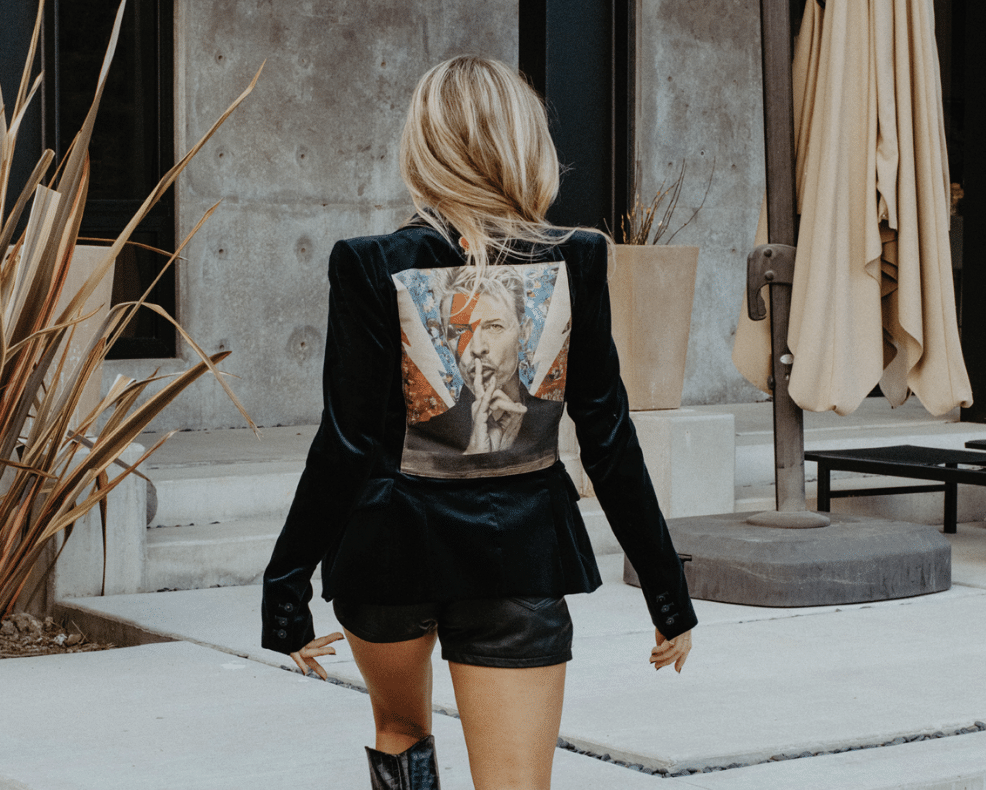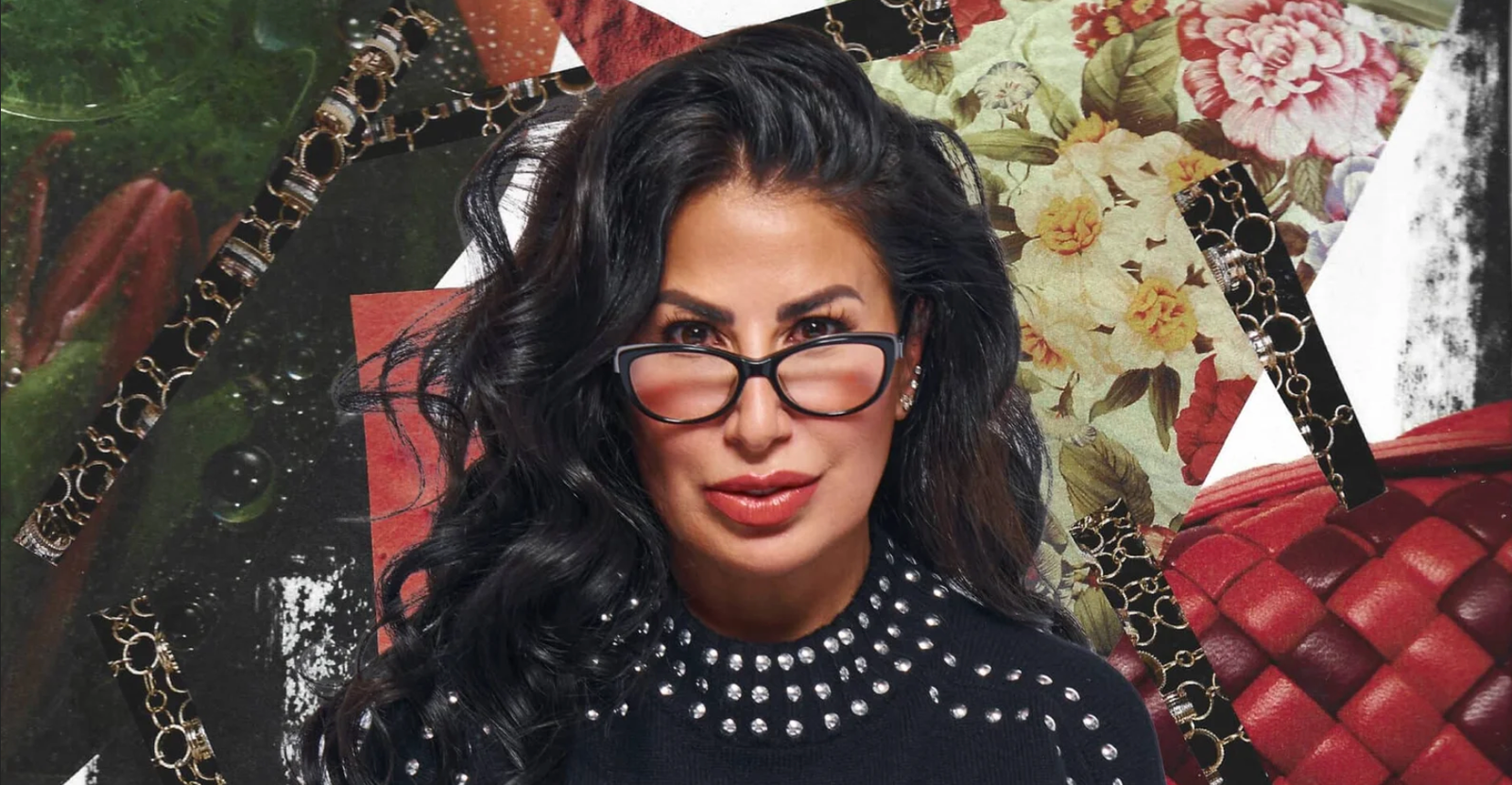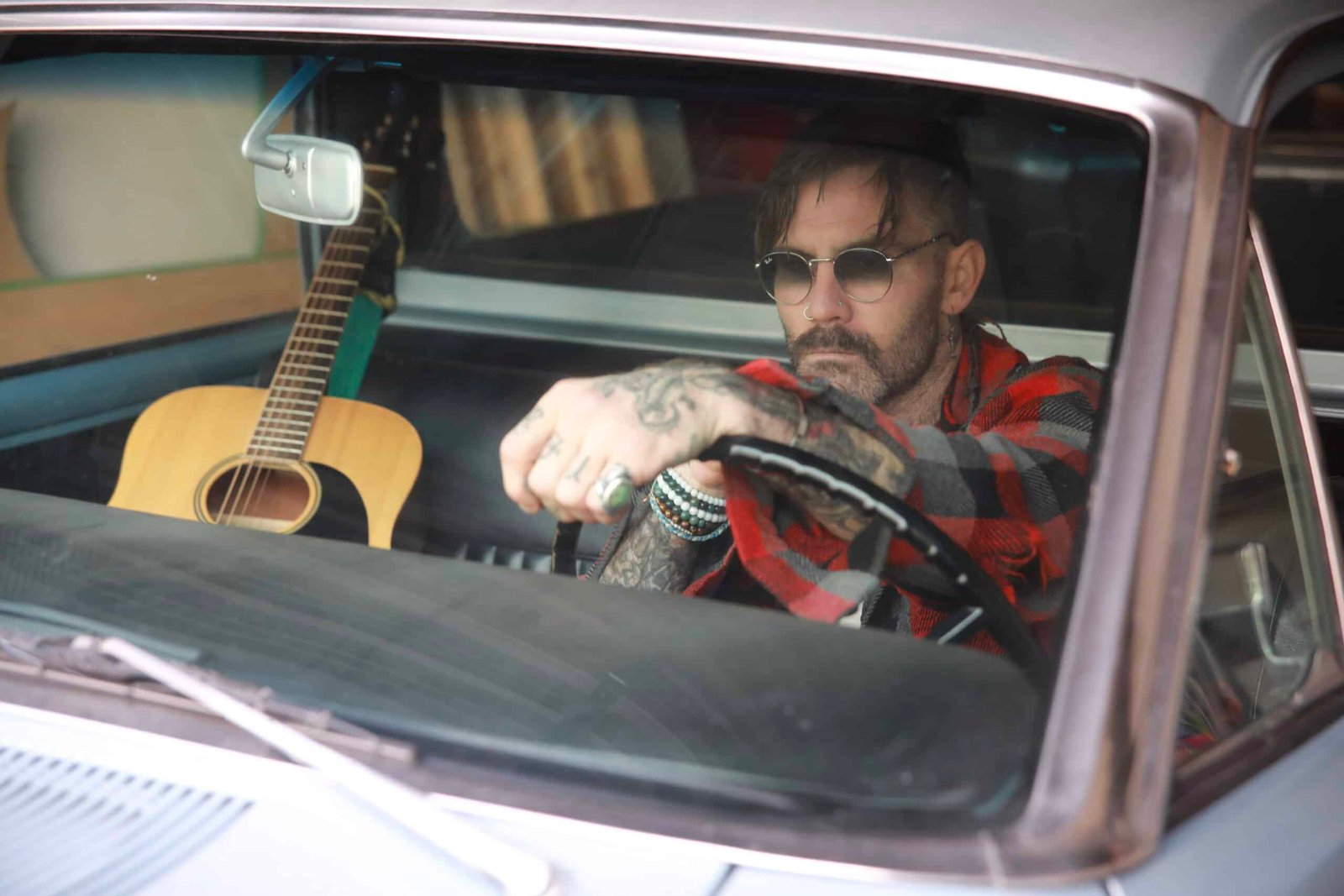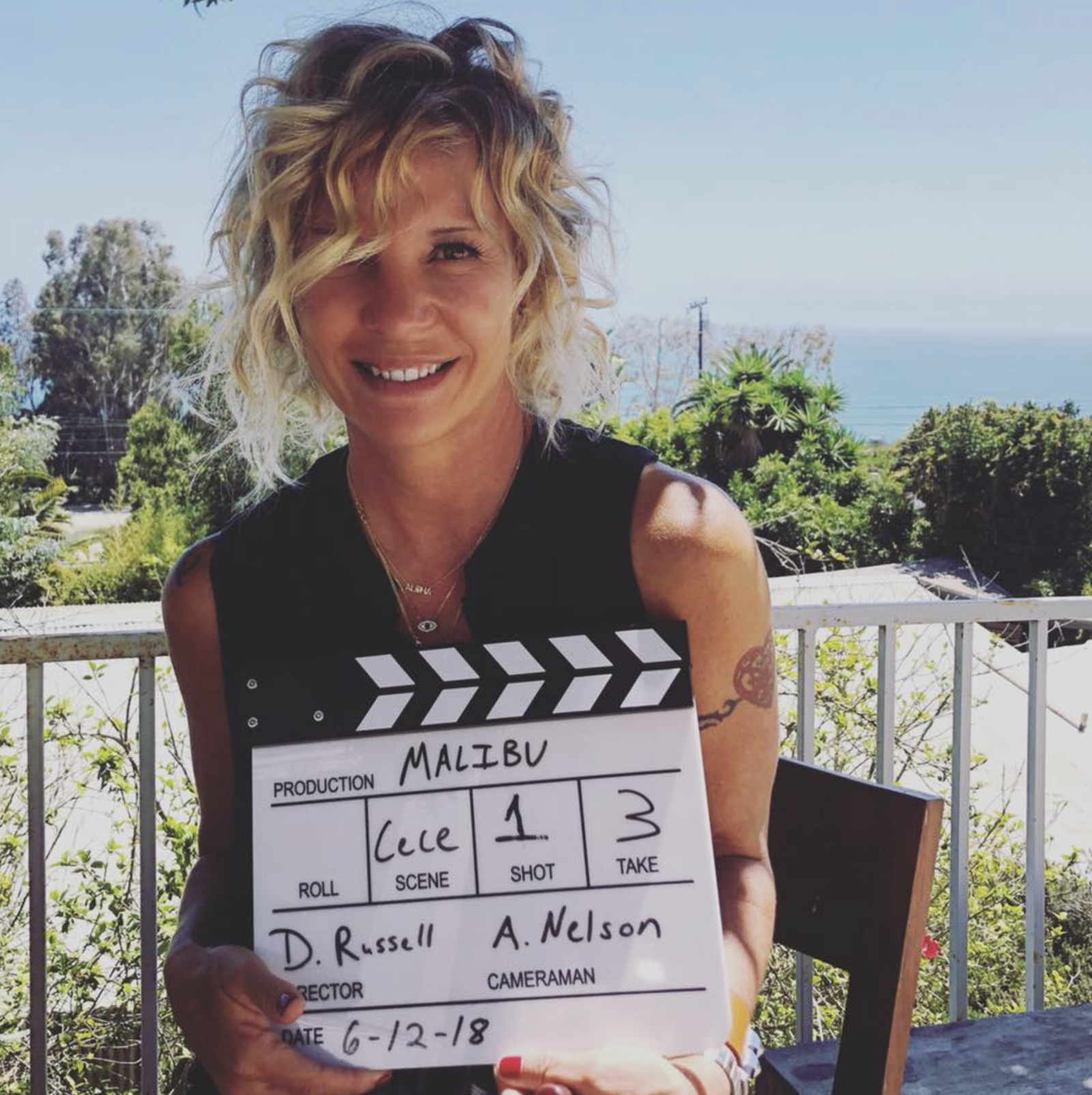Signing Your Soul Away to AI: A Wake-Up Call for Musicians
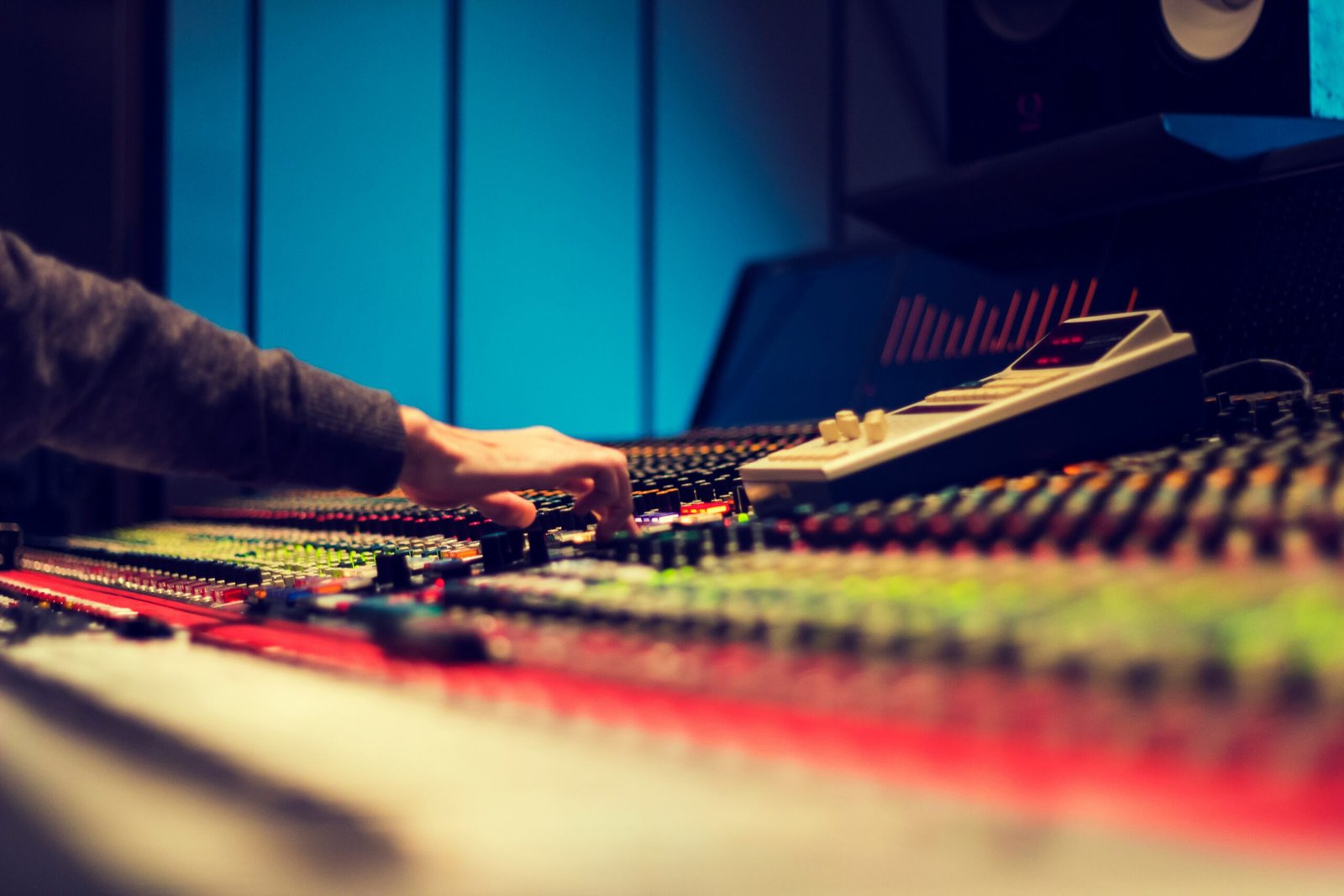
Samantha Bennington is a mother, artist, empath, music industry executive,…
Decades deep in the music industry, I’ve seen it all—but nothing prepared me for the seismic shift we’re living through now. What used to be a world of smoky backroom deals, handshake promises, and label contracts is now an algorithm-driven, AI-fueled machine. And if you’re a musician today? You need to understand that the game has been flipped on its head.
Let’s cut right to it: uploading your music to Spotify isn’t just dropping your art into the digital universe—it’s practically signing a record deal without an attorney. The second your song, your image, your lyrics hit that platform, you’re opening the door for Spotify’s AI to study you, mimic you, and essentially own pieces of you. They can learn your writing style, your chord progressions, even the quirks that make you you. Imagine giving away the DNA of your artistry—and then realizing you just handed the keys over for free.
Who in their right mind would do that? Well, sadly, thousands of artists are doing it every single day.
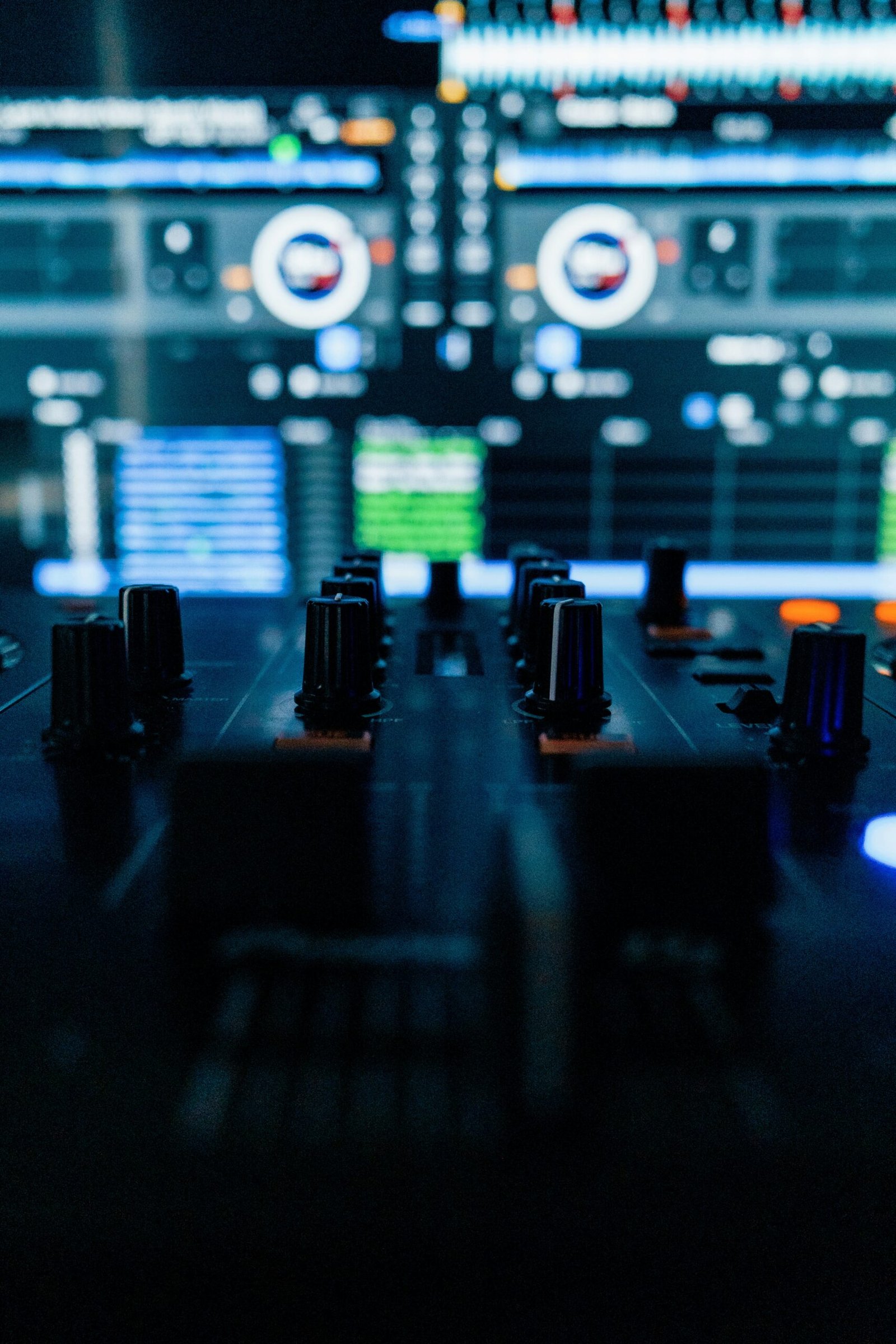
The Golden Rule That Hasn’t Changed
Technology evolves at lightning speed, but one thing has never, ever changed: my advice to artists. Never sign anything without legal counsel. Period. If you don’t have a lawyer looking at that fine print, you’re setting yourself up to be exploited. Real business requires real contracts – not back-alley deals and not click-to-accept agreements you barely skimmed.
Contracts protect both sides. They’re not something to fear. If you’re working with anyone who’s afraid of contracts, you should be running – not walking – out the door.
The Cost of Your Soul in One Song
When you pour your heart, your passion, your soul into a song, you deserve to be the one who benefits from it. Ownership should never belong to a faceless corporation – or worse, a computer program—that’s siphoning off your creativity. AI doesn’t feel. AI doesn’t bleed into a microphone at 2 a.m. AI doesn’t carry the weight of a broken heart into a lyric. So why should it own what you create?
I’ll tell you this: no platform, no company, no “innovation” should ever have the right to steal a human being’s creation. That’s not just unfair—it’s immoral.
The Dark Side of AI in Music
Don’t get me wrong, AI can be useful. It can help you save time, brainstorm, maybe even organize your business plan. But AI should never take the place of human creativity. It can’t replace your lived experience, your emotional truth, your human spark.
And let’s not sugarcoat it, artists using AI to replace other artists in video, music, or visuals? That’s not progress. That’s cannibalism. Artists should be lifting each other up, not replacing one another with digital replicas.
Platforms You Can Still Trust (For Now)
TikTok and YouTube? They’re still powerful tools for independent artists. TikTok was designed with music at its core, and both platforms give you reach like nothing we had in the old days. But don’t get too comfortable, pay attention to the fine print. These companies can and will change their rules overnight.
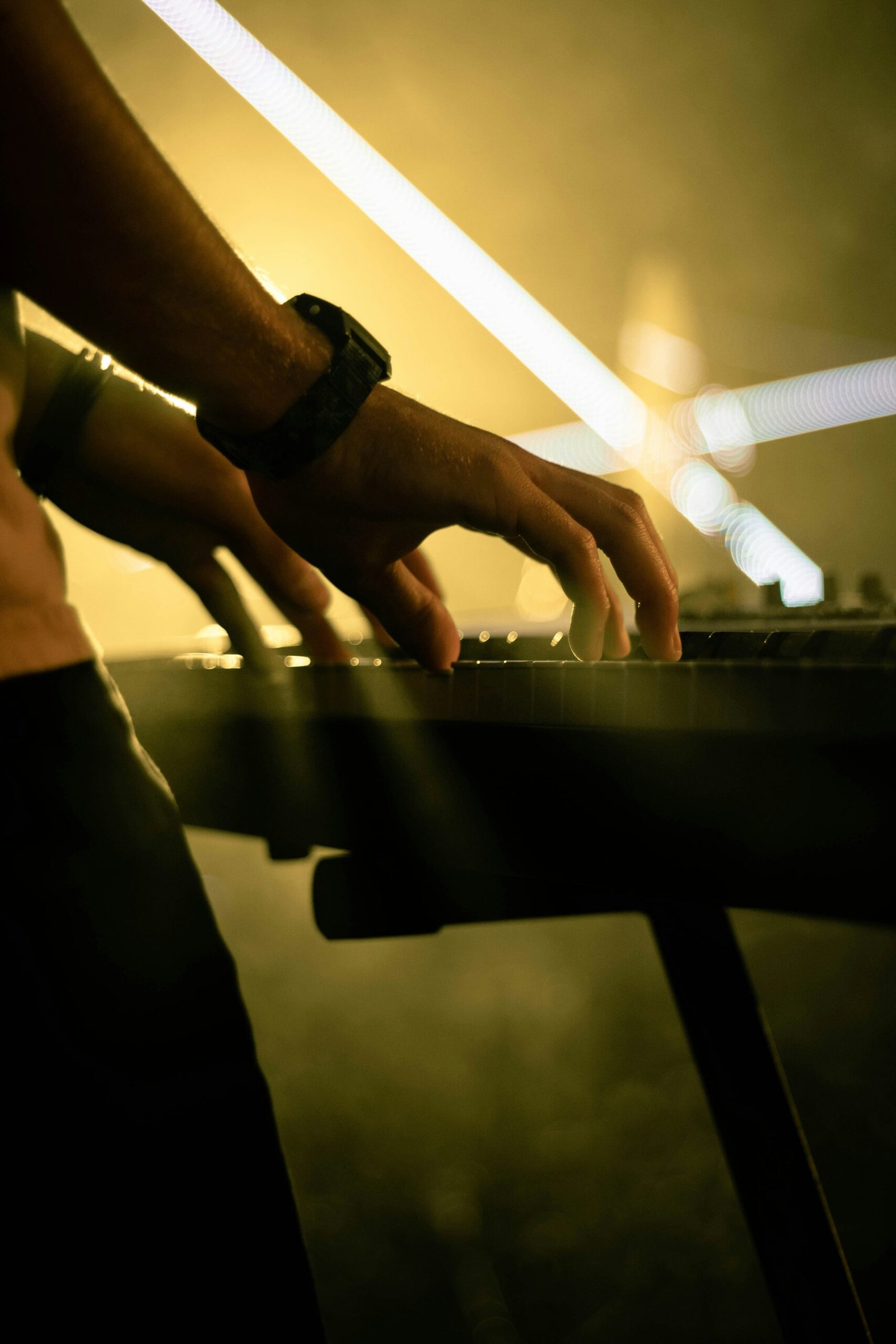
Why AI Will Never Own the Stage
Here’s the good news: no matter how advanced AI gets, it will never replace the magic of live music. AI can’t step on stage, sweat under the lights, and connect with a crowd that’s singing your lyrics back to you. AI doesn’t share a beer after the show or dance with strangers in the pit. It doesn’t create those goosebump-inducing moments where hundreds, or thousands, of human beings are vibrating together on the same frequency. That’s something no algorithm will ever own.

So here’s my message to today’s musicians: Protect your art. Protect your rights. Protect your soul. Don’t sign away your future to a platform without understanding exactly what you’re giving up. Because in this brave new world, the fight for your music is also the fight for your humanity.
What's Your Reaction?
Samantha Bennington is a mother, artist, empath, music industry executive, and life coach with a passion for helping others manifest their dreams. She grew up immersed in the music world and worked alongside her late ex-husband, Chester Bennington, during his rise as lead singer of Linkin Park. Drawing on her personal and professional experiences, she provides a supportive space for artists and individuals to discover their purpose, embrace their creativity, and pursue a fulfilling life. She is also the author of Falling Love Notes: Memories of a Rock Star Wife, a memoir that shares her journey through love, loss, healing, and self-discovery.



